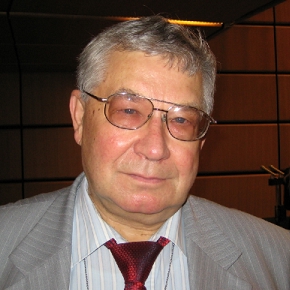 |
||
|
Japanese Official: Japan Should Follow Russian Example in Setting Fukushima Regulations RIA Novosti, PUBLISHED 28.09.2014 Japan should use Russia's experience and create legislation similar to the law adopted following the Chernobyl disaster to regulate radiation levels and the relocation of people in the Fukushima prefecture, Hiroyuki Arai, member of the House of Councillors in the Diet (Japan's parliament), told RIA Novosti Tuesday. "I would like Japan to use Russia's experience in creating the "Chernobyl legislation." I admire Russians for having created a law on Chernobyl and the consequences of the disaster that sets limits for radiation levels and health risks and regulates the conditions in which people live," Arai, who is a member of Japan's New Reform Party (Shinto Kaikaku) said. Municipal authorities are responsible for cleanup operation in the less contaminated areas in 40 municipalities, where annual radiation dosages range between 1 and 20 millisieverts. Other news: Finnish Government Approves Rosatom Nuclear Reactor Project Ten ministers voted in favor of granting the application, while seven ministers voted against. Prime Minister: Finland to Continue Nuclear Cooperation With Russia Despite Sanctions If we look at Rosatom's activities, there have been no problems whatsoever. Russian Nuclear Experts Present Bushehr-2 NPP Project in Iran Several Russian companies, including OKB Gidropress and Atomstroyexport participated in the seminar. Last news:
|
Hero of the day 
The ISTC Responsible Science Program and Subprogram Culture of Nuclear Nonproliferation The dual-use nature of nuclear technology consisting in the potential for its application equally in peaceful and military sphere is the basic contradiction for the existing nuclear nonproliferation regime and comprehensive development of the nuclear power and nuclear fuel cycle. INTERVIEW
Jerry Hopwood OPINION
Joint Plan of Action |
Licence Р ВР В» №ФС77-30792. ATOMINFO™ trademark.

